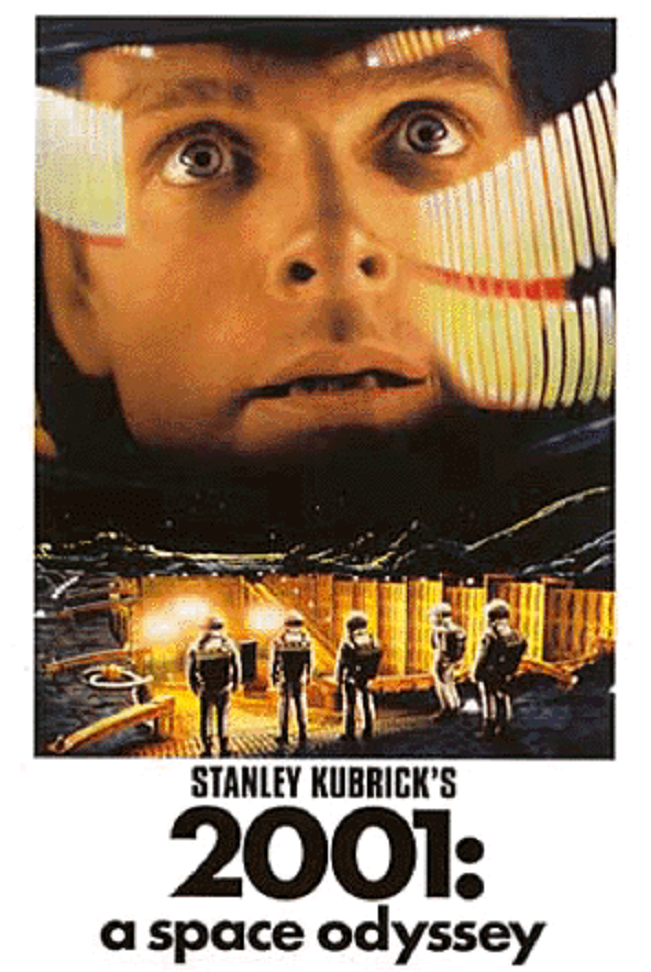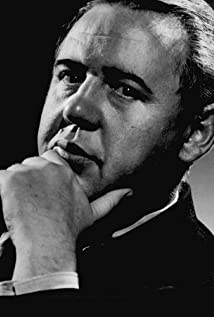Charles Laughton
Charles Laughton was born in Scarborough, Yorkshire, England, to Eliza (Conlon) and Robert Laughton, hotel keepers of Irish and English descent, respectively. He was educated at Stonyhurst (a highly esteemed Jesuit college in England) and at the Royal Academy of Dramatic Art (received gold medal). His first appearance on stage was in 1926. Laughton formed own film company, Mayflower Pictures Corp., with Erich Pommer, in 1937. He became an American citizen 1950. A consummate artist, Laughton achieved great success on stage and film, with many staged readings (particularly of George Bernard Shaw) to his credit. Laughton died in Hollywood, California, aged 63.
- IMDb Mini Biography By:
Charles Laughton was born on July 1, 1899 in Yorkshire, England. He was the son of Robert Laughton, a Yorkshire hotel keeper. His mother, Eliza (nee Conlon) Laughton, was a devout Roman Catholic of Irish ancestry, and raised her children in that faith. Laughton briefly attended Scarborough College, a local boys' school in his area before attending Stonyhurst College, an English Jesult school.
Laughton was expected to take over the family business after graduating from Stonyhurst at age 16. His passion, however, like in the performance arts and he enrolled at the Royal Academy of Dramatic Art in 1925. In 1926, Laughton made his inaugural professional stage appearance in London in the production of The Government Inspector. This role allowed him to show his versatility as a thespian, by portraying both villainous and virtuous characters.
After may successful stage performances, Laughton made his film debut in the 1928 British-Comedy, silent comedy Blue Bottles (1928), where he would meet his future wife Elsa Lanchester. In 1931, Laughton made his New York stage debut which led to many film offers and he would star in his first Hollywood film the following year, the 1932 The Old Dark House (1932). Laughton's true breakout role occurred in the 1933 The Private Life of Henry VIII (1933) for which Laughton was the Academy Award for Best Actor for portraying the titular King Henry VIII, upon whom the film was loosely based.
Laughton soon gave up the stage for films and would go on to star in many films including White Woman (1933), The Barretts of Wimpole Street (1934), Les Misérables (1935), Mutiny on the Bounty (1935), Ruggles of Red Gap (1935), Rembrandt (1936), This Land Is Mine (1943), The Suspect (1944), It Started with Eve (1941), The Paradine Case (1947), The Big Clock (1948), Arch of Triumph (1948), The Man on the Eiffel Tower (1949), O. Henry's Full House (1952), Witness for the Prosecution (1957) and Spartacus (1960).
In 1955, Laughton made his directorial debut on the big screen with The Night of the Hunter (1955), which starred Robert Mitchum and Shelley Winters. Although the film was a critical and box-office flop, it has since been cited by many as one of the greatest films of the 1950s by many critics. It has also been selected for preservation by the National Film Registry. This would become the only feature-film Laughton directed in his career.

